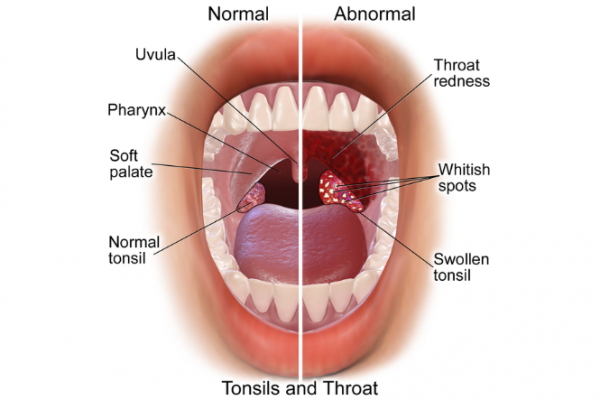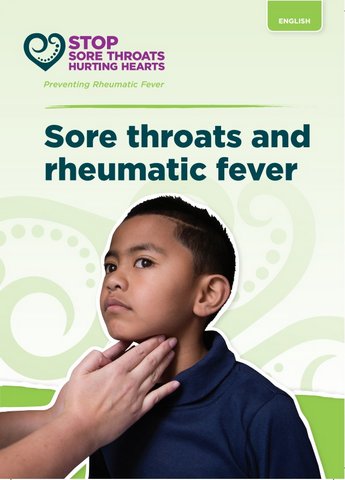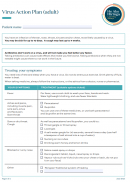Causes of a sore throat
About 90% of sore throats are caused by viral infections, eg, the common cold, flu or COVID. Viral sore throats usually get better by themselves within a week. Antibiotics don't fix viral sore throats.
Some sore throats are caused by bacteria, most commonly Streptococcus (often known as 'strep throat'). Children and young people at risk of rheumatic fever require treatment with antibiotics for 10 days to prevent rheumatic fever. Read more about strep throat.
Other conditions that can cause a sore throat include:
Māori tamariki and Pasifika children are most at risk of developing rheumatic fever and should see a doctor or nurse if they show ANY sign of sore throat.
Video: Rheumatic fever
(Stop Sore Throats Hurting Hearts, NZ, 2016)
When to get help if you are at higher risk of rheumatic fever
|
For people at higher risk of rheumatic fever, it is very important that a sore throat is always checked early by a nurse or GP. This is because untreated strep throat can cause rheumatic fever and heart damage for life. |
You are at higher risk of rheumatic fever if:
- you have had rheumatic fever before
- someone in your family or household has had rheumatic fever.
You are also at higher risk if you have 2 or more of the following:
- Māori or Pasifika ethnicity
- You're 3–35 years of age
- You live in poorer or crowded living conditions.
When to get help if you're not at higher risk of rheumatic fever
If you're not high risk for rheumatic fever, you should see your healthcare provider if your symptoms aren't improving after 48 hours, or if you:
- have neck stiffness or ear pain
- have swollen glands (feel for tender lumps in your neck) that are getting bigger
- have any other symptoms you are concerned about.
Seek immediate medical help if you:
Call Healthline 0800 611 116 if you're not sure what to do. |









